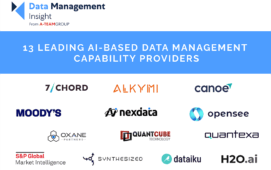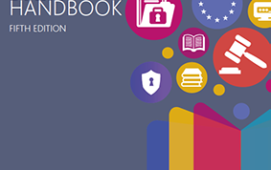MSCI, a leading provider of investment decision support tools worldwide, published today the results of its 2011 Global Asset Owners Survey: Back to the Future of Risk Management. With 85 participants from 26 countries, representing roughly USD 5.5 trillion in assets under management, this is one of the most in-depth surveys to look at risk management trends, as well as current and future risk management practices. Participants from a wide variety of firms include, AP 2/Andra AP-Fonden (AP2), AP3 Tredje AP-fonden (AP3), Alaska Permanent Fund Corporation (APFC), AustralianSuper Pty Ltd, British Columbia Investment Management Corporation (bcIMC) and Workers’ Compensation Board – Alberta.
“The results of our survey clearly show a continued evolution through these uncertain market times with a greater focus on risk management and with more resources dedicated to measuring and managing risk,” said Frank Nielsen, Executive Director of Research at MSCI. “The results reflect how risk management has become both a high priority and a more formalized component of the overall investment process for our clients.”
Since MSCI’s inaugural 2009 survey, The Future of Market Risk Management, asset owner participants have updated their risk management best practices. Many have shortened their strategic asset allocation horizon, often from 3 years to 1 year, and the number of surveyed firms using stress testing has increased by almost 300% since 2009. Participants cited market risk, counterparty risk and liquidity risk as the top three risk concerns. Communication was also a theme – asset owners reported increased and more frequent communication between their risk team, Board and investment teams.
>Other key themes in the 2011 survey results include:
- A paradigm shift of the risk management function as more resources are dedicated to the management and measurement of risk
- Plan investment horizon and asset allocation decision making have become more dynamic
- Stress testing and extreme (tail) risk hedging have become a very high priority
- External management selection criteria largely depend on transparency and risk control as allocation to alternatives is increasing
The survey was conducted from May – August 2011 with 85 global participants. Interviews were carried out in person and using an on-line interface. Respondents were typically CIOs, CROs, Portfolio Managers, Senior Risk Analysts and Middle Office heads.
Subscribe to our newsletter




